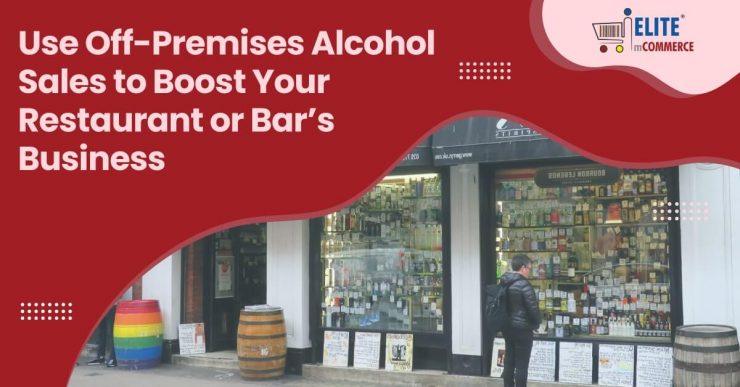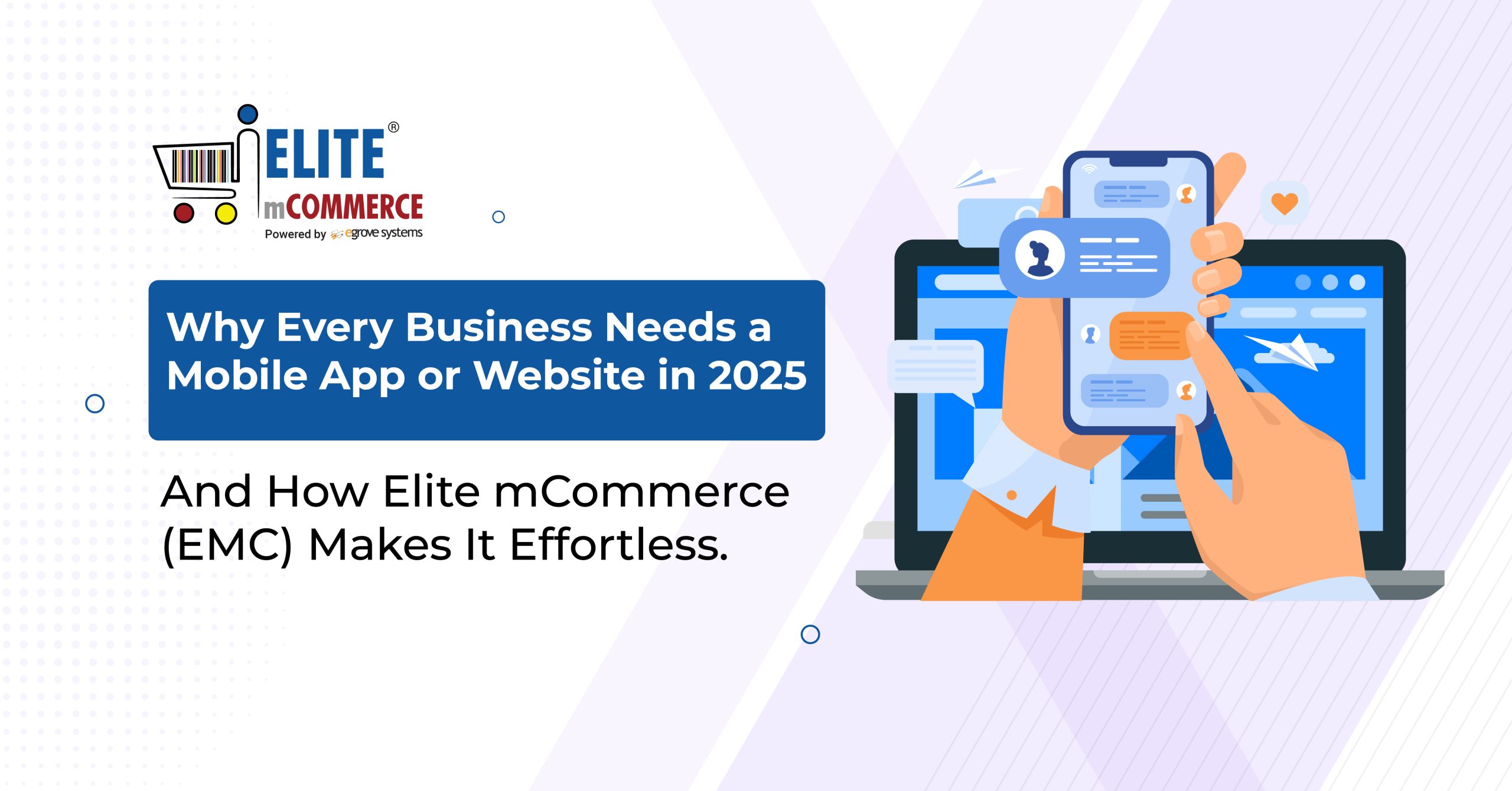The pandemic has had a massive impact on how customers approach retail stores and restaurants, but one unique effect has been the lifting of many restrictions on alcohol sales. Restaurants and bars have transitioned to pickup and delivery, but laws preventing off-premises alcohol sales have made it hard for businesses dependent on selling alcoholic beverages. In response, many jurisdictions in the United States have relaxed these restrictions on alcohol delivery, creating new potential for businesses selling high-margin beverages. As we reach the point where temporary restrictions are expiring, it’s important to track whether these measures will be extended and how this could influence your business in the future.
Bars have been hit even harder by shutdowns than restaurants, and are less able to maintain a revenue stream through off-premises food orders. In Texas, for instance, Gov. Greg Abbot announced in September that restaurants could reopen to 75% capacity but bars could not reopen after a June surge in COVID-19 cases forced their closure. Bars were believed to be more conducive to the spread of infection, and this closure covered all establishments whose alcohol sales made up 51% or more of total sales.
Know Your State’s Restrictions and Limitations on Sales
In the past, Arizona, Florida, Hawaii, Nebraska, and New Hampshire were the only states that fully permitted home delivery of alcoholic beverages. In the last six months, many states have significantly altered liquor laws that normally forbid alcohol being sold off-premises and delivered to customers. Keeping up with the laws in your restaurant’s location is essential, and one valuable resource restaurants can consult is the National Restaurant Association’s state-by-state review of the current status of laws.
States have placed additional requirements on liquor delivery and carryout. Frequently, they mandate that alcohol can only be sold along with food orders rather than being sold separately, which serves to support restaurants and bars by increasing their overall sales. Restaurants should curate their delivery menus around food packages that travel well and pair well with beer, wine, or cocktails like fries or chips and dips.
In some locations, sealed containers can be sold but open ones cannot, which has caused issues for restaurants and bars hoping to sell cocktails and mixed drinks off-premises. Some brands have responded to this by creating sealed cocktail kits with separate dehydrated garnishes that can be mixed by the customer.
Some states have restricted third-party delivery services from carrying alcohol, which makes direct online ordering and delivery capability valuable to restaurants and bars delivering alcohol. High-value orders containing alcoholic beverages are very efficient for the fixed costs of delivery, but these services also take a significant commission percentage, so avoiding these fees is conducive to making a profit.
Will Alcohol Delivery Continue?
In Colorado, the legislature unanimously extended liquor takeout and delivery until July of 2021, giving bars and restaurants faith that they will be able to continue to sell alcoholic beverages regardless of the status of their dining capacity. The Colorado Restaurant Association told the Denver Post that 87% of restaurants have reported revenue from selling alcohol off-premises, with 20% reporting “significant” revenue made from those sales.
A New York state bill proposed in May would let restaurants and bars include wine, beer, and cocktails for two years after the end of the state of emergency related to the virus. This emphasizes how alcohol delivery is seen not just as a temporary alternative, but as a way to support restaurants for a longer period as they recover from their losses.
Read also:-Saving your Restaurant Brand from Food Aggregator Exploitation
Advocates see the current situation as an argument to permanently remove regulations, but many groups strongly oppose allowing it in normal circumstances since online ordering could disrupt the traditional system of distribution and sales or promote underage drinking. However, permitting off-premises sales from restaurants and bars that are already licensed to sell liquor is one of the most likely situations to continue, since it supports these businesses rather than undermining them by creating competitors, and can be regulated responsibly.
With dining and bars still suffering even after limited reopenings, the value of off-premise sales can’t be ignored. With the potential that it could remain in effect in the next year or longer, businesses should pay close attention to their state and local authorities and take advantage of the opportunity to increase the value of their off-premises revenues and connect with customers who aren’t able to visit in-person.









Add comment